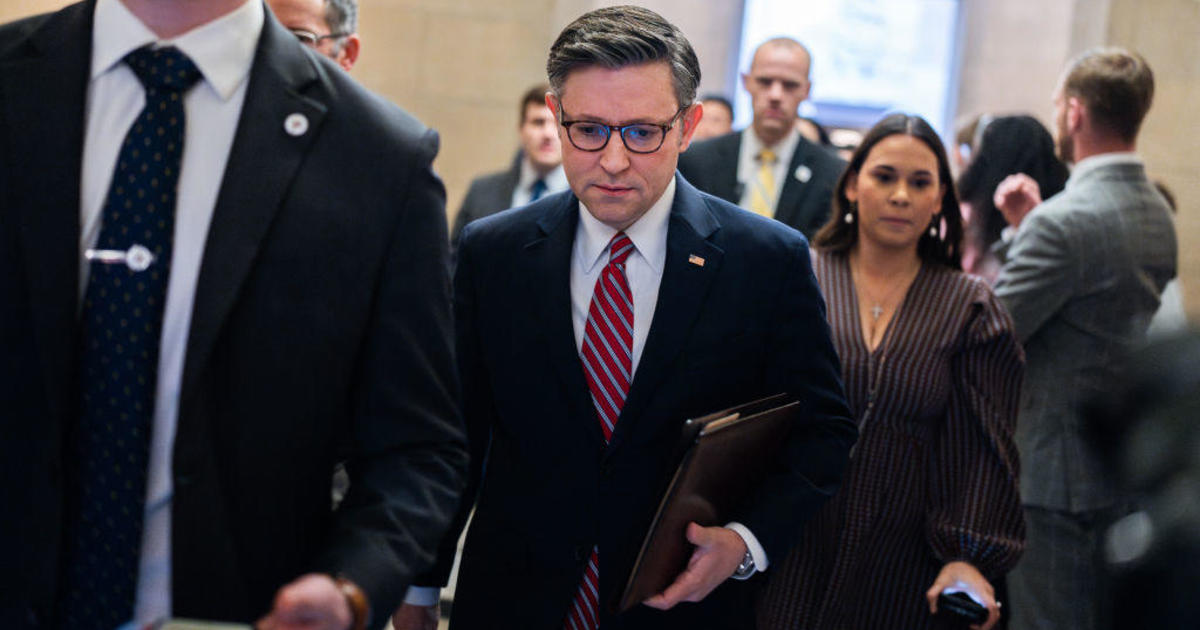The House passed a $1.2 trillion spending package to fully fund the government through September, sending it to the Senate to avoid a partial shutdown. The package combines six spending bills to fund about three-quarters of the government until the end of the fiscal year. The bill includes funding for departments such as State, Homeland Security, Defense, Labor, Health and Human Services, as well as foreign operations and legislative branch funds. The majority of Republicans voted against the measure due to objections to funding levels reached by House Speaker Mike Johnson with Democratic leadership in the Senate.
The internal divisions within the Republican majority led to party leaders relying on Democratic votes to pass legislation, much to the dismay of conservatives. Rep. Marjorie Taylor Greene teased a possible no-confidence vote in Johnson, filing a motion that the House could consider after its upcoming two-week recess. The passage of the spending package in the House moves Congress closer to ending a six-month fight over spending that has forced lawmakers to rely on short-term funding extensions since October. Senate rules may delay the vote into the weekend as Republicans demand votes on amendments.
A brief lapse in funding over the weekend is not expected to cause disruptions since agencies would continue normal operations until a resolution is reached. The spending package includes funding for various programs such as child care, education, medical research, mental health care, and Border Patrol agents. The bill also includes conservative policy wins such as preventing the federal government from banning gas stoves and maintaining a provision banning federal funds from covering abortion services. Both Republicans and Democrats claimed victories in the package, with Democrats emphasizing bipartisan compromise and Republicans highlighting funding for key areas.
House Minority Leader Hakeem Jeffries stated that an overwhelming majority of conservative policy riders did not make it into the bill. Johnson defended the package as the best achievable outcome in a divided government, while Republican Rep. Andy Ogles of Tennessee expressed concern that the bill’s passage could put the GOP majority at risk. The bill’s passage is seen as crucial in determining the control of the House of Representatives and the selection of the next speaker. The spending deal represents a compromise between parties and includes funding for various essential services and programs, with both sides claiming successes in the final package.









